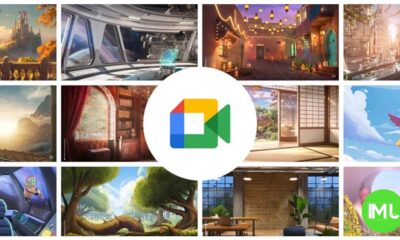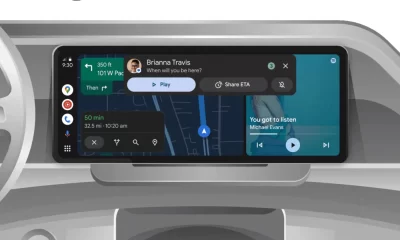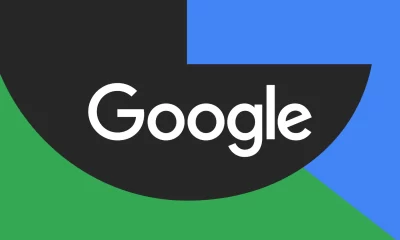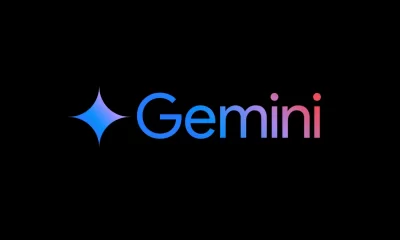Google seeks to delay court order on Play Store changes
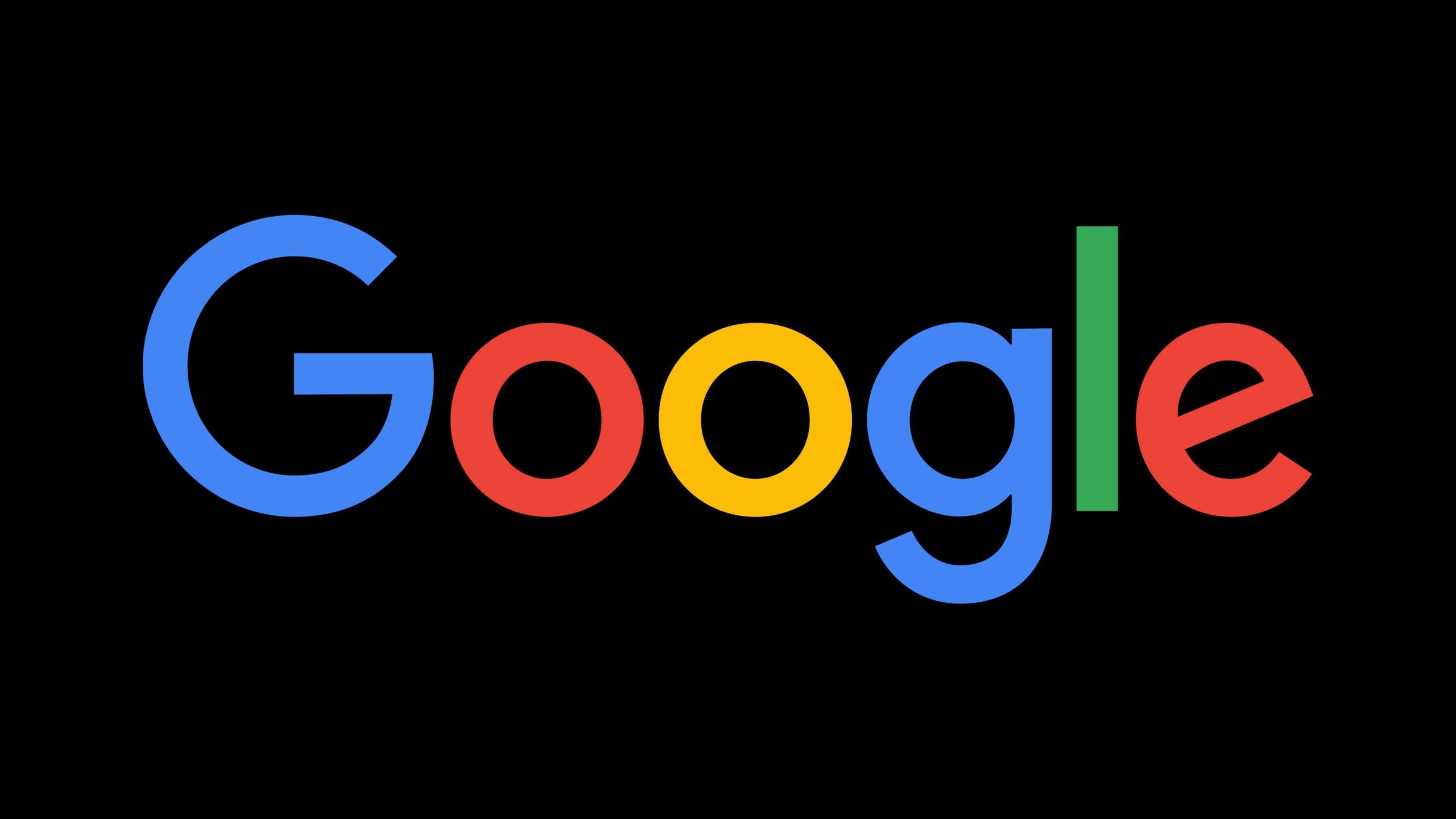
Google is currently dealing with several antitrust cases, both in the U.S. and Europe. Regulators are examining various parts of its business, from its ad model to Google Search, and now the focus has shifted to its app store policies. In the latest development, Google has requested a stay on a recent U.S. court injunction that would force changes to the Play Store, allowing more competition in the marketplace.
Background: The Case Against Google Play Store
This legal battle has been in the works for years, driven by Epic Games. The case stems from the 30% fee Google charges on all in-app transactions made through the Play Store’s payment system. Epic Games also filed a similar lawsuit against Apple for the same reason, challenging the restrictive policies both tech giants use in their app stores. After years of back-and-forth in court, the case against Google has led to a significant ruling: the Play Store must now allow alternative app stores.
Google Pushes Back: Request for Delay
Google responded quickly to the ruling, confirming its intent to appeal and asking for a stay of the injunction. The company argues that forcing such a rapid change in its Play Store operations could have unintended consequences, which it believes will hurt not just Google but also consumers, developers, and smartphone manufacturers. Google claims the changes could compromise user privacy and security, as third-party app stores may not offer the same level of protection.
To delay the ruling’s enforcement, Google has filed a request with Judge James Donato, asking for more time to prepare for an appeal. If the court does not grant a stay, the injunction will take effect on November 1. In addition to appealing to the judge overseeing the original case, Google has escalated the matter to the U.S. Court of Appeals for the Ninth Circuit. The company already filed an official notice of appeal with the court last week, but it now awaits a ruling on the request for postponing the injunction’s impact.
Court Ruling and Its Implications
The October 7 ruling by Judge Donato in San Francisco is significant in its potential to reshape how Google manages the Play Store. Under the ruling, Google must allow third-party app stores to operate on its platform. Furthermore, it prevents Google from enforcing policies that force developers to use Google’s own services exclusively for payment processing.
The court also ruled that Google cannot make exclusive agreements with developers, offering them favorable terms in exchange for keeping their apps solely on the Play Store. Nor can Google strike deals with Android device manufacturers to ensure the Play Store remains the only app store available on their devices.
This injunction is set to last for three years, though Epic Games initially requested a longer six-year duration. According to Judge Donato, the goal of these provisions is to level the playing field, allowing competition to thrive without excessively restricting Google. The idea is that, over time, this will weaken the network advantages that Google has enjoyed with the Play Store, while still allowing the company to compete fairly.
Looking Ahead: Google’s Next Move
Google’s request for a stay is only the first step in what is likely to be a long legal battle. If the Ninth Circuit grants Google more time, it could delay the enforcement of these significant changes to the Play Store. However, if the court denies Google’s request, the company will have to comply with the new rules starting in November.
The stakes are high, as this ruling could set a precedent for app store operations across the tech industry, especially as both consumers and developers push for more competition and flexibility in the app marketplace.
Google, on its part, maintains that its Play Store policies are designed to ensure safety, privacy, and security for its users, and it has expressed concerns about the potential risks of opening up the platform too quickly.
Conclusion
The battle between Google and Epic Games is far from over, with both sides preparing for further legal challenges. Google’s request for a stay, if granted, could provide the company more time to adjust its Play Store operations and prepare for the broader implications of the ruling. But for now, the tech world is watching closely as this case unfolds, with the potential to reshape how app stores operate on a global scale.
Google Meet gets a fresh new look with Material 3 design
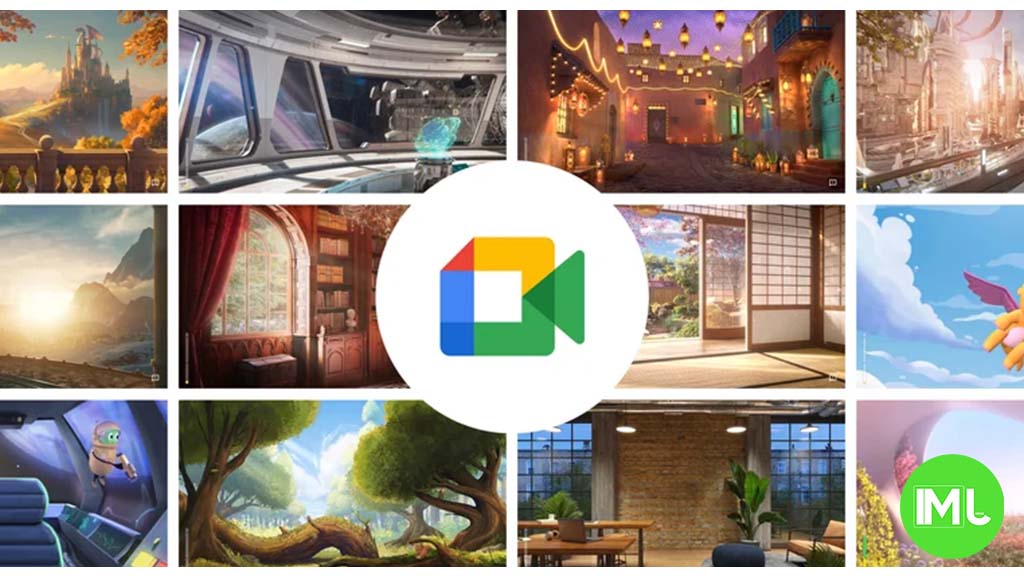
Google Meet is getting a big update to its look, thanks to the new Material 3 design. This change brings a cleaner and more modern style to the video calling app, making it easier and more enjoyable to use.
With Material 3, Google Meet now has rounder buttons, softer colors, and better spacing between elements. The main controls, like the microphone, camera, and end call buttons, are now larger and easier to tap. The icons and text are also clearer, which helps users find what they need quickly during a call.
Another improvement is the new “expressive” color system. This feature lets the app’s colors match your device’s wallpaper or theme, giving each user a unique and personalized experience. The changes also make Google Meet more accessible, as the new design is easier to read and use for everyone, including people with vision difficulties.
These updates are rolling out to both web and mobile versions of Google Meet. Google says the new look will help people feel more comfortable and focused during their meetings. Overall, the Material 3 update makes Google Meet not only look better but also work better for all its users.
Android
Easy ways to change Android Auto’s look with light and dark themes
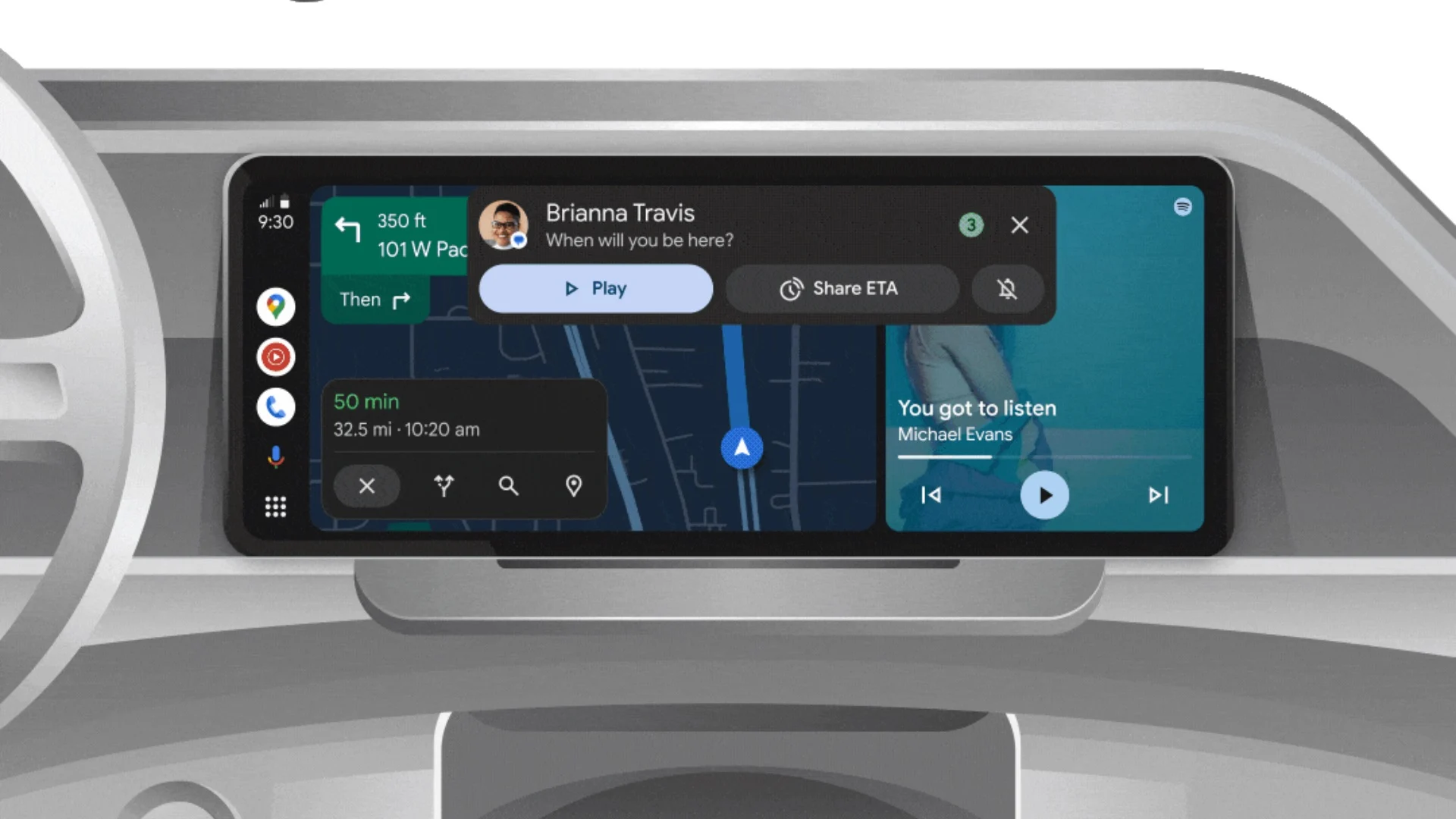
Android Auto is a helpful tool that lets you use your phone’s apps safely while driving. It connects your phone to your car’s screen, making it easier to use maps, music, and calls. One of the features many people like is the ability to change how Android Auto looks by switching between light and dark themes.
How to switch between light and dark themes
Android Auto offers two main themes: light and dark. The light theme uses brighter colors, which can make the screen easier to see during the day. The dark theme uses darker colors, which can be more comfortable for your eyes at night or in low light.
To change the theme, follow these steps:
- Open the Android Auto app on your phone.
- Go to the settings menu.
- Find the “Theme” option.
- Choose between “Light,” “Dark,” or “Set by car” (this lets your car decide the theme based on the time of day or your car’s settings).
Why themes matter
Using the right theme can make driving safer and more comfortable. The light theme is good for bright days, while the dark theme helps reduce glare at night. Having these options means you can pick what works best for you, making Android Auto easier to use in any condition.
In short, Android Auto’s theme options are simple to use and help you drive more safely by making the screen easy to see, no matter the time of day.
Google Drive and Files by Google get fresh updates for easier use

Google is rolling out some helpful updates to two of its popular apps: Google Drive and Files by Google. These changes are designed to make managing your files and watching videos much smoother.
First, Google Drive is getting a new video player. Now, when you upload a video to Drive and open it, you’ll notice a fresh look that matches Google’s latest design style. The controls, like play and pause, are easier to use and look cleaner. This update makes it simpler to watch videos directly in Drive without needing to download them first.
Meanwhile, the Files by Google app is also getting a makeover. The app is adopting Google’s Material 3 design, which means it looks brighter and more modern. The buttons and menus are easier to see and use, making it simpler to find, move, and organize your files. There are also new color options and improved icons, so everything feels more user-friendly.
Both updates show Google’s commitment to making its apps more helpful and enjoyable to use. Whether you’re watching videos in Drive or sorting files on your phone, these changes aim to save you time and make things less complicated. If you use these apps, keep an eye out for these new features—they should arrive soon!
-
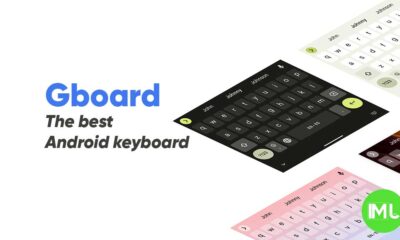
 Apps1 year ago
Apps1 year agoGboard Proofread feature will support selected text
-
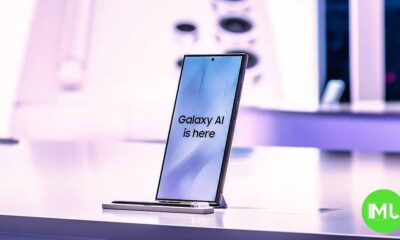
 News1 year ago
News1 year agoSamsung USA crafting One UI 6.1.1
-

 Apps1 year ago
Apps1 year agoGoogle Contacts app testing new Besties Widget
-
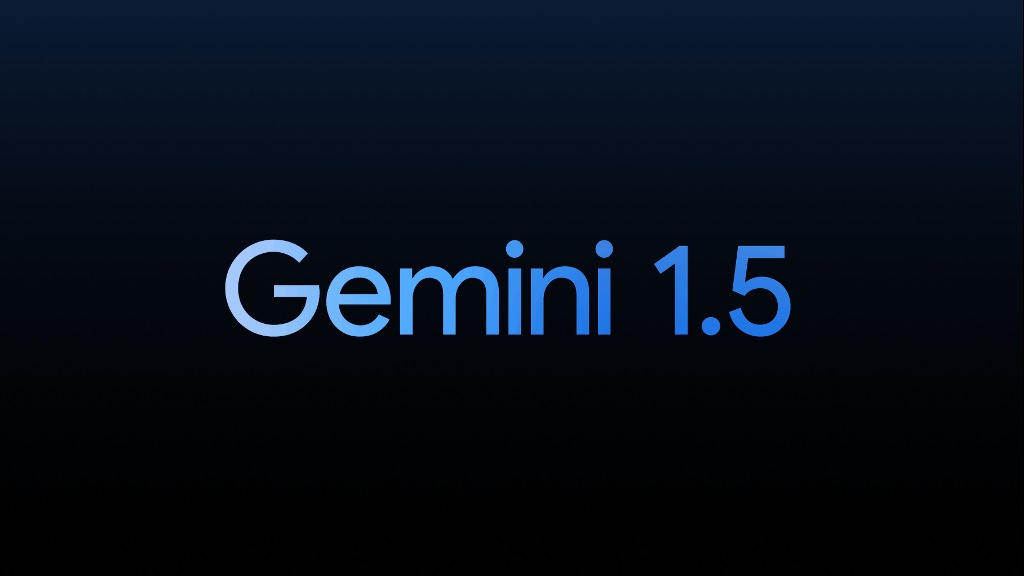
 AI12 months ago
AI12 months agoGoogle Pixel 9 Pro may come with a complimentary one-year Gemini Advanced subscription
-
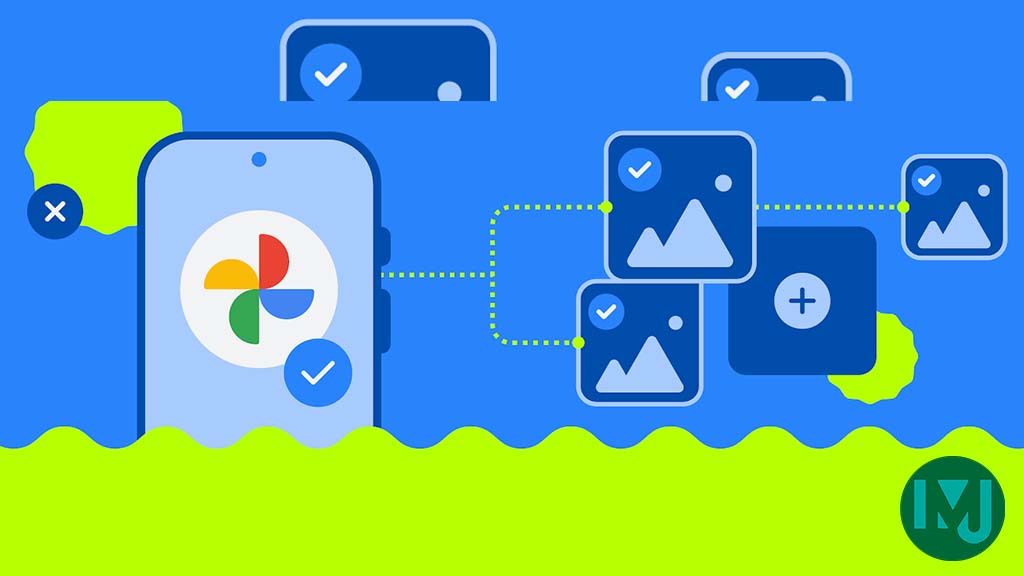
 Apps12 months ago
Apps12 months agoGoogle working on a new video editing feature for its Photo app
-

 News1 year ago
News1 year agoBreaking: Samsung Galaxy S22 may get Galaxy AI features
-
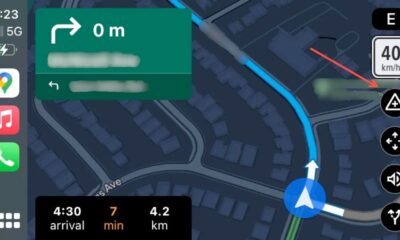
 Apps12 months ago
Apps12 months agoGoogle Maps lets you report traffic jams and accidents on Apple CarPlay, but not on Android Auto
-

 Apps1 year ago
Apps1 year agoGoogle Messages app will transform MMS chats into RCS

